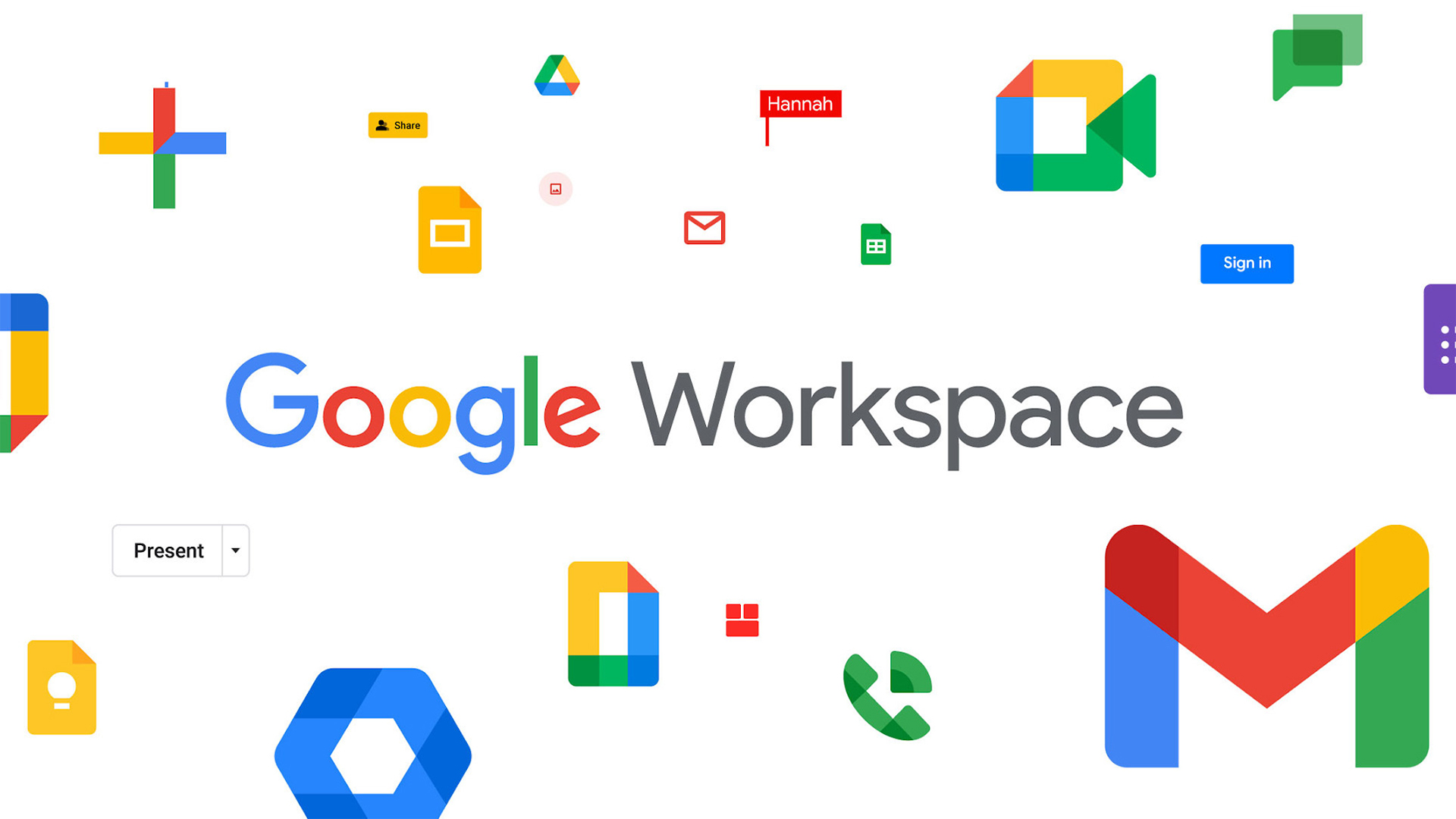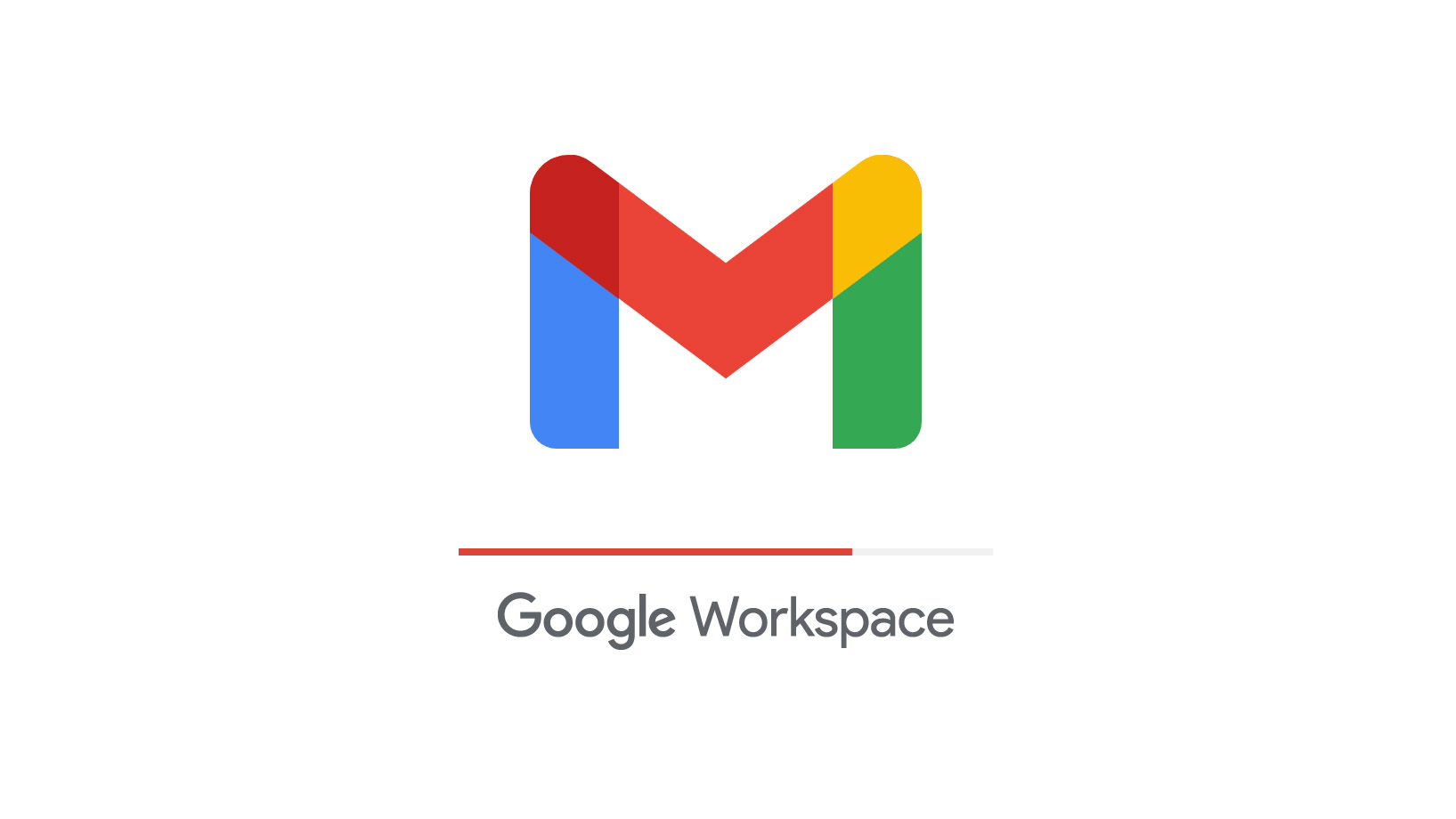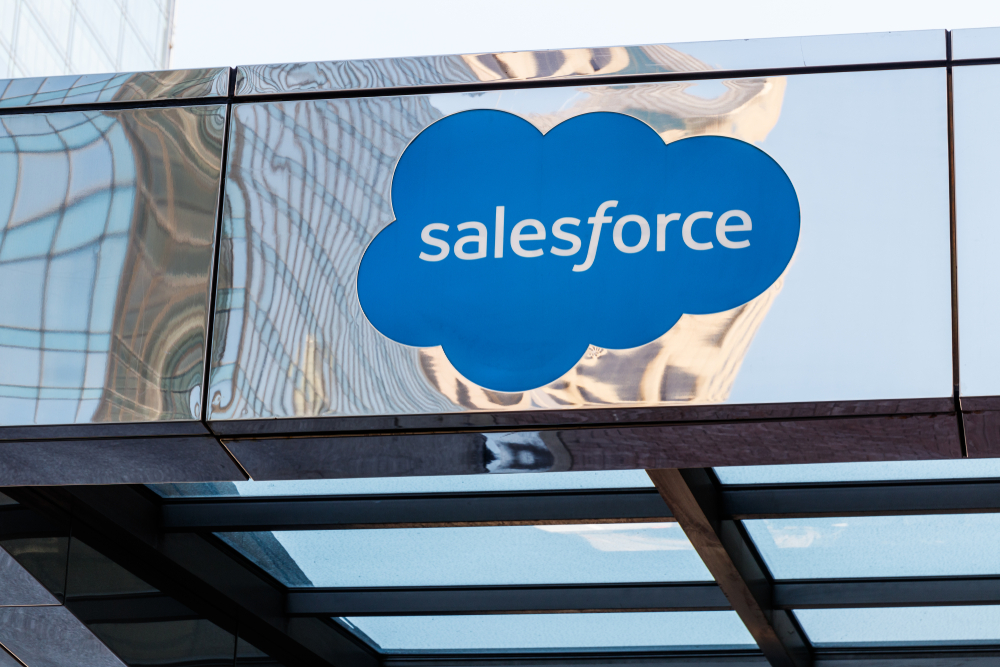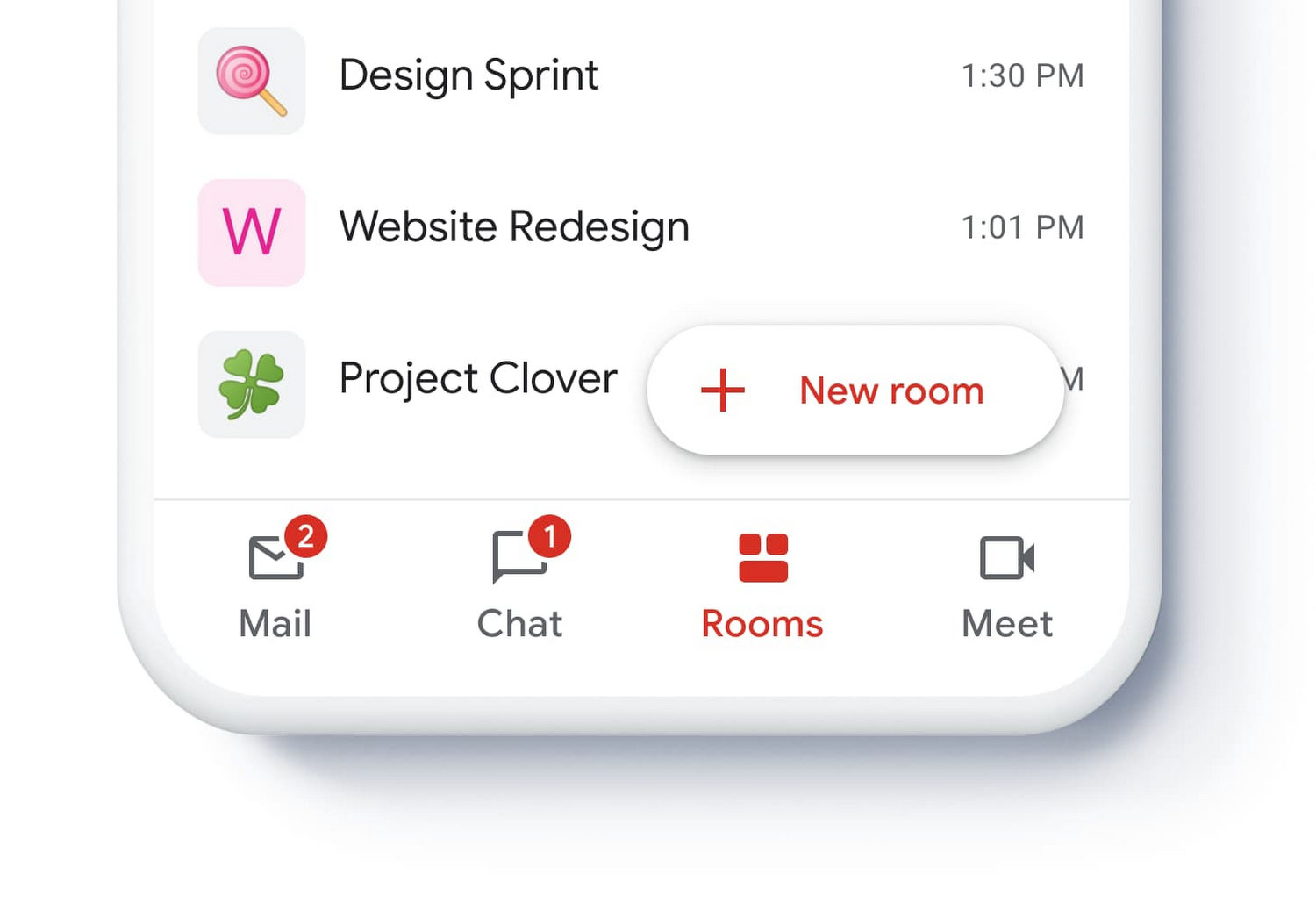Can you sack your IT department?
Between the credit crunch, the consumerisation of IT and the rise of cloud services, the role of the IT department is going to change.


Cloud computing, software as a service (SaaS), virtualisation and server consolidation; the latest IT trends all seem to mean we'll have fewer traditional IT systems. But if you replace Exchange with Gmail, use Saleforce.com, migrate to cloud services and give your users Web 2.0-style applications for collaboration and networking, what will your IT team have left to do all day?
Enthusiasts are predicting that services and cloud computing spell the end of the traditional IT department. But are they ahead of their time or taking an overly simplistic view that ignores something important about the role of IT in business?
Unsung heroes
A few years ago, most IT departments spent 80 per cent of their time on maintenance; simply keeping existing systems running. The average enterprise still has an IT department spending 60 per cent of their time and budget on keeping the lights on, but according to a recent HP survey the most ambitious companies are hoping to flip the old figures round and spend just 20 per cent on maintenance, leaving the majority of the time and budget free for innovation.
If the current interest in SaaS, cloud and web-based applications that the IT team doesn't have to install, maintain or sometimes even support continues, that will free up considerable time.
Get the ITPro daily newsletter
Sign up today and you will receive a free copy of our Future Focus 2025 report - the leading guidance on AI, cybersecurity and other IT challenges as per 700+ senior executives
Mary is a freelance business technology journalist who has written for the likes of ITPro, CIO, ZDNet, TechRepublic, The New Stack, The Register, and many other online titles, as well as national publications like the Guardian and Financial Times. She has also held editor positions at AOL’s online technology channel, PC Plus, IT Expert, and Program Now. In her career spanning more than three decades, the Oxford University-educated journalist has seen and covered the development of the technology industry through many of its most significant stages.
Mary has experience in almost all areas of technology but specialises in all things Microsoft and has written two books on Windows 8. She also has extensive expertise in consumer hardware and cloud services - mobile phones to mainframes. Aside from reporting on the latest technology news and trends, and developing whitepapers for a range of industry clients, Mary also writes short technology mysteries and publishes them through Amazon.
-
 AI is helping bad bots take over the internet
AI is helping bad bots take over the internetNews Automated bot traffic has surpassed human activity for the first time in a decade, according to Imperva
By Bobby Hellard
-
 Two years on from its Series B round, Hack the Box is targeting further growth
Two years on from its Series B round, Hack the Box is targeting further growthNews Hack the Box has grown significantly in the last two years, and it shows no signs of slowing down
By Ross Kelly
-
 Google Workspace is getting a Gemini makeover – but prices are going to increase
Google Workspace is getting a Gemini makeover – but prices are going to increaseNews The new pricing structure may help Google boost competition with Microsoft
By George Fitzmaurice
-
 Google confirms Gmail is “here to stay” amid speculation over plans to scrap the email service
Google confirms Gmail is “here to stay” amid speculation over plans to scrap the email serviceNews Claims that Google plans to sunset Gmail were a hoax, so there's no need to panic
By Ross Kelly
-
 Google Workspace Review: A simple aesthetic with productivity in mind
Google Workspace Review: A simple aesthetic with productivity in mindReviews From free to enterprise, Google’s ever-popular productivity suite has a range of tiers and functions for all sizes of business
By Ross Kelly
-
 Salesforce launches a new streaming TV service, Salesforce+
Salesforce launches a new streaming TV service, Salesforce+News Software giant upgrades from YouTube channel in streaming TV bid
By Danny Bradbury
-
 Salesforce adds low-code dev tools to its platform
Salesforce adds low-code dev tools to its platformNews New feature should enable anyone to create apps
By Rene Millman
-
 CloudHQ fully integrates Gmail with Google Sheets
CloudHQ fully integrates Gmail with Google SheetsNews Users can bulk export email text to Google Sheets, Excel, or CSV files
By Praharsha Anand
-
 IT Pro Live: Customer engagement in the time of COVID-19
IT Pro Live: Customer engagement in the time of COVID-19Sponsored How has coronavirus changed how companies interact with their clients?
By IT Pro
-
 Gmail for G Suite becomes a hub for corporate communications
Gmail for G Suite becomes a hub for corporate communicationsNews Everything you need is now on one page, but it may get overwhelming
By Justin Cupler